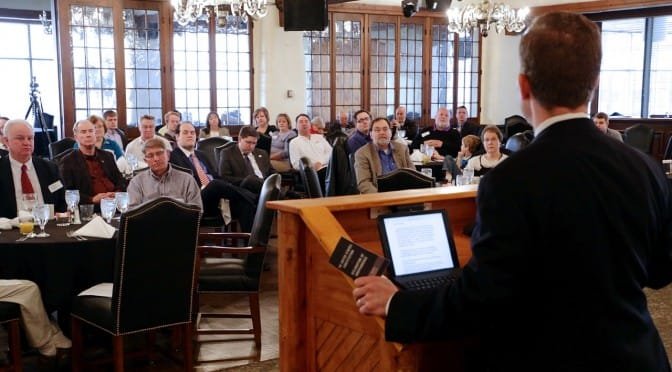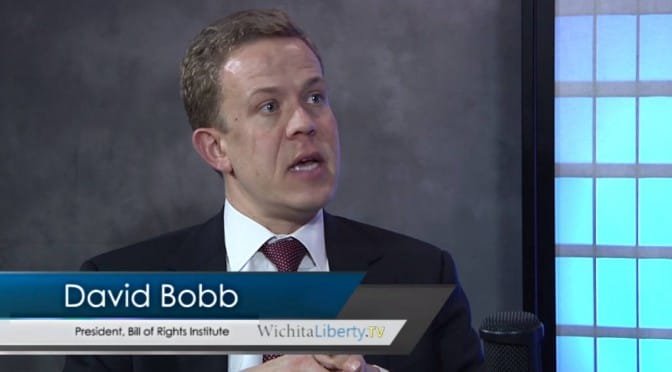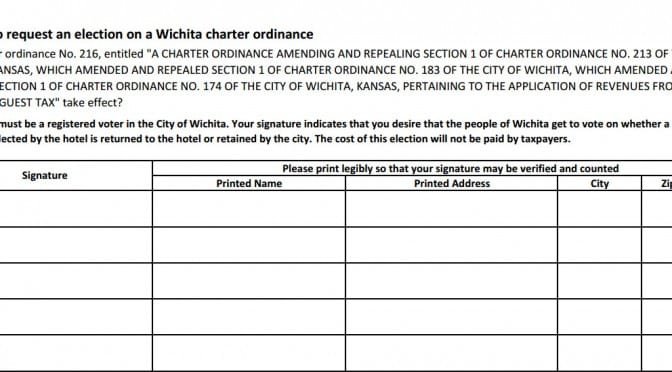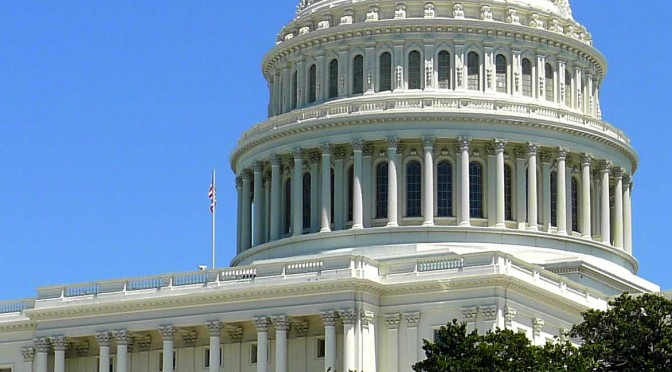Tag: Constitution
-

Kansas Supreme Court judicial selection
Kansas progressives and Democrats oppose a judicial selection system that is used by U.S. Presidents, both Democrats and Republicans.
-

David Bobb: Free speech and its importance
David Bobb, President of The Bill of Rights Institute, explains freedom of speech and its importance.
-

WichitaLiberty.TV: David Bobb, President of Bill of Rights Institute
In this episode of WichitaLiberty.TV: David Bobb, President of The Bill of Rights Institute, talks about civic education and the importance of humility.
-

The real free lunch: Markets and private property
As we approach another birthday of Milton Friedman, here’s his article where he clears up the authorship of a famous aphorism, and explains how to really get a free lunch
-
Rebuilding liberty without permission
A forthcoming book by Charles Murray holds an intriguing idea as to how Americans can reassert liberty: Civil disobedience. Make the federal government an “insurable hazard.”
-

Wichita has examples of initiative and referendum
Citizens in Wichita have been busy exercising their rights of initiative and referendum at the municipal level. The Kansas Legislature should grant the same rights to citizens at the state level.
-
For Wichita’s Longwell, flipping in the face of an election
Campaign season provides an opportunity to see just how malleable candidates’ positions can be, leaving us to wonder if some have any firm and guiding principles.
-

As lawmakers, Kansas judges should be selected democratically
While many believe that judges should not “legislate from the bench,” the reality is that lawmaking is a judicial function. In a democracy, lawmakers should be elected under the principle of “one person, one vote.” But Kansas, which uses the Missouri Plan for judicial selection to its highest court, violates this principle.
-
Religion and politics; two subjects that divide friends and family members alike
If we really want to protect religious freedom in our country, then we should elect candidates who will defend the rights of all citizens to practice whichever religion they choose. That is true religious liberty, writes Eileen Umbehr.
-

Arguments for and against term limits
The arguments in favor of term limits are presented, along with rebuttals to common objections to term limits.
-
Franklin Roosevelt, contributor to modern nanny state
President Franklin Roosevelt proposed an expansive set of rights, many of which have become law and policy.
-
The real free lunch: Markets and private property
As we approach another birthday of Milton Friedman, here’s his article where he clears up the authorship of a famous aphorism, and explains how to really get a free lunch